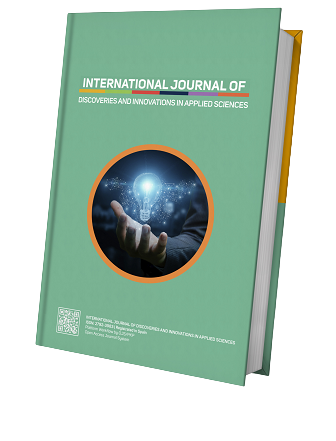Peculiarities of the Methodology of Accelerated Learning of English
Keywords:
Oral speech, Foreign language, Learning, Speaking skills, Learning processes, Effectiveness, PreparationAbstract
This article explores the significance of oral proficiency in foreign language learning and provides insights into the preparation, development, and enhancement of oral skills. It discusses the key components of effective oral communication, including language fluency, vocabulary usage, pronunciation, and cultural adaptability. The article emphasizes the importance of well-designed instructional approaches and strategies to foster speaking proficiency and enhance the overall language learning experience. It also addresses the challenges learners may encounter in their oral skill development and offers practical solutions to overcome them. Drawing upon research and pedagogical best practices, the article presents a comprehensive framework for designing a structured and efficient plan for oral skill development. Additionally, it explores various techniques, such as interactive activities, improvisation exercises, and technology integration, to maximize engagement and motivation in oral practice. The article concludes by highlighting the significance of continuous assessment, feedback, and self-reflection in the journey towards achieving proficiency in oral communication. Overall, this article aims to provide language educators and learners with valuable insights and practical strategies to enhance the effectiveness of oral proficiency development in foreign language learning.




